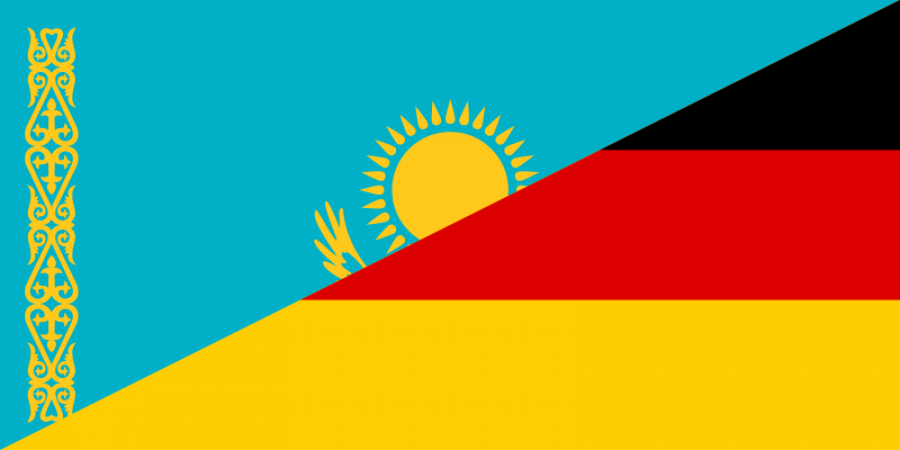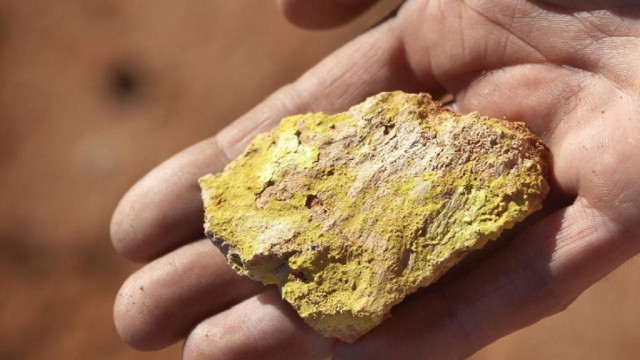
A coal chemistry development center aimed at implementing
projects for the deep processing of solid fuels is set to open in Kazakhstan. The
center is expected to operate based on the existing Institute of Coal Chemistry
and Technology, which focuses on developing high-tech and innovative methods
for advancing the coal chemical industry in the country. The institute’s
scientists are currently conducting comprehensive research on alternative
utilization of coal and obtaining new types of products.
«Coal can be the source of organic fertilizers necessary for
agricultural plants, grain crops, and fruits. Currently, we are developing their
scientific basis and preparing it for implementation. Several types of
medicinal products boost the immunity of animals, such as horses and sheep, bolstering
their resistance to various diseases,» said Bolat Yermagambet, director of the Institute
of Coal Chemistry and Technology.
As noted by experts, it is possible to obtain up to 400
different types of products from processed coal. However, the price of such
finished products on the market will increase by 20-25 times. Kazakhstan has
large coal reserves, estimated at around 34 billion tonnes, which places it
among the top ten leading countries in the world. According to experts’ forecasts,
even with active utilization, these reserves will last for 300 years.
«Nearly $25-30 billion need to be attracted into Kazakhstan
to advance coal chemistry. In this regard, a strategic approach is crucial. It is
necessary to foster industry projects in collaboration with companies or
countries that have made strides in this direction. Among these are the U.S.,
where significant investments are made in this field, as well as our neighboring
country China, and the states of the European Union. I believe that specific
agreements with particular companies to initiate investment projects in
Kazakhstan will be reached next year,» said Yerzhan Yelekeyev, CEO at the Kazakh
Invest national company.
In the first four months of 2024, Kazakhstan has
produced over 36 million tonnes of coal. More than six million tonnes were
exported to Russia, Latvia, Poland, Israel, Uzbekistan, and Türkiye.









